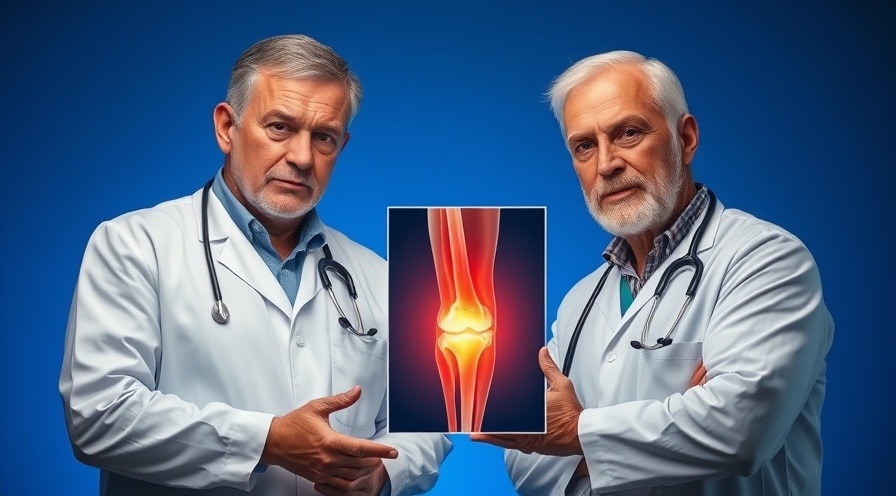
Understanding the Vital Role of Your Gut
The human digestive system is a bustling ecosystem filled with trillions of microbial cells, each playing a crucial role in maintaining our overall health. These microorganisms contribute to digestion, produce essential vitamins, bolster our immune system, and even play a part in mental well-being. A well-functioning gut can be the cornerstone of not just physical health but emotional balance as well.
Why Gut Health Matters
Maintaining a healthy balance of gut flora can prevent issues like bloating, indigestion, and even mood disorders. When the equilibrium is disrupted, it can lead to a host of problems, reminding us how important it is to take care of our gut.
Key Practices for a Healthier Gut
Here are some practical tips to enhance gut health:
- Eat More Fiber: A diet rich in fiber from fruits, vegetables, and whole grains nourishes good gut bacteria. Aim for at least 25 grams daily.
- Avoid Overusing Antibiotics: While these medications fight harmful bacteria, they can also diminish beneficial microbes in your gut.
- Incorporate Prebiotics: Think of prebiotics as food for beneficial gut bacteria. Foods like bananas, onions, and garlic can be excellent sources.
- Use Probiotics: Including yogurt, kefir, and fermented foods in your diet helps replenish and diversify gut flora, especially after antibiotic use.
- Limit Sugar and Processed Foods: These foods nurture bad bacteria and lack essential nutrients, harming your gut health.
The Bottom Line: Simple Actions for Better Gut Health
By adopting these straightforward practices, you can nurture your gut and, in turn, enhance your overall well-being. Remember, a happy gut contributes to a healthier you!
 Add Row
Add Row  Add
Add 




Write A Comment